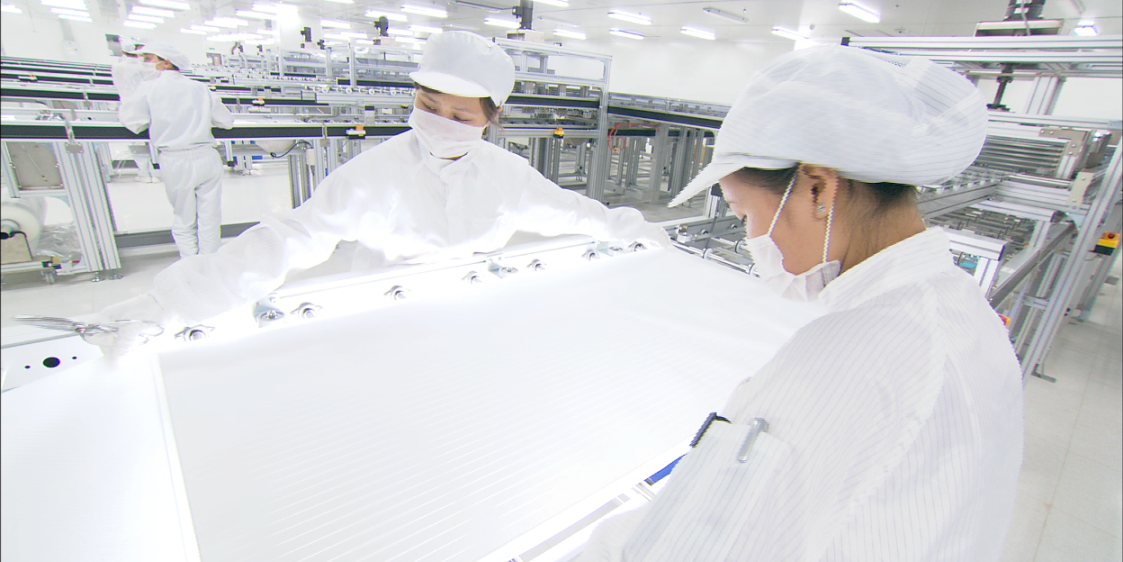It has an important question to answer: Should tariffs against Chinese products be some sort of industry policy to protect jobs in European manufacturing? If so, then it is clearly not working.
Or are they there to protect European utilities against cheap solar electricity that damage their traditional business models? If so, the tariffs should continue.
Yet neither of these answers is good for the citizens of Europe, or China. It is hard not to conclude that a narrow-minded continuation of the existing situation would not be helpful for the citizens of Europe or China. It is high time to rethink the whole process and find a different solution for the creation of fair trade, which should be the underlying assumption.
The European solar market is shrinking to an almost unimportant size on a global level, while almost guaranteeing that the EU will not be able to meet its Paris climate obligations. Even though this is due to many political decisions, the trade measures cannot be excluded as a factor.
Not only do they fail to save jobs in European manufacturing, but they are also hurting the downstream sector. We simply cannot continue with these artificially created barriers to free and fair trade.
Why don’t we think about a totally different way of combining industrial policy and energy policy?
One alternative to hurting Chinese producers with minimum prices and duties would be to agree on a general minimum price for high-quality standards in solar technologies — no matter where in the world certain parts of the value chain are produced. In addition to quality standards we could go further and demand climate, social and general sustainability standards for any product from anywhere in the world that will be used to produce electricity in the EU.
This would allow European solar manufacturers to shine through technological leadership, instead of getting involved in a ruinous fight for the lowest prices.
In other industries, standards are set for the quality and sustainability of the products we allow to be sold on our market, but we do not do this for prices alone.
I very much hope that the Commission will come to realise the harm the existing trade measures are causing. The signals I have been getting show a positive attitude towards rethinking the measures. I also hope that the supporters of trade measures start to rethink what exactly they should demand.
The process itself is damaging. I know of EU manufacturers that serve as so-called “sample companies”, who had to hire staff just to answer the Commission’s requests — hardly a way of helping European companies be more competitive with the Chinese.
I also know of non-Chinese solar manufacturers that would like to set up unsubsidised production in China, but literally have no chance of being exempted from duties (more than 60%!) on what would be fairly produced products that would be used for producing cheap electricity in the EU.
We want a growing European solar market, we want to get back to the numbers we were at a few years ago and then grow beyond that. I believe a 15GW+ annual European solar market is not out of reach if we set the right policy frameworks. For sure, the change in trade measures would only be one out of many important changes to make, but at least it could be implemented quickly.
At the same time the EU has to change the energy market design and make it ready for solar and wind as the basis of our future energy system. The new base load should be when the wind is blowing and the sun is shining, not for when we burn dirt that we have dug out of the ground.
Oliver Schäfer is president of SolarPower Europe, and market development and policy director at SunPower, the California PV manufacturer
